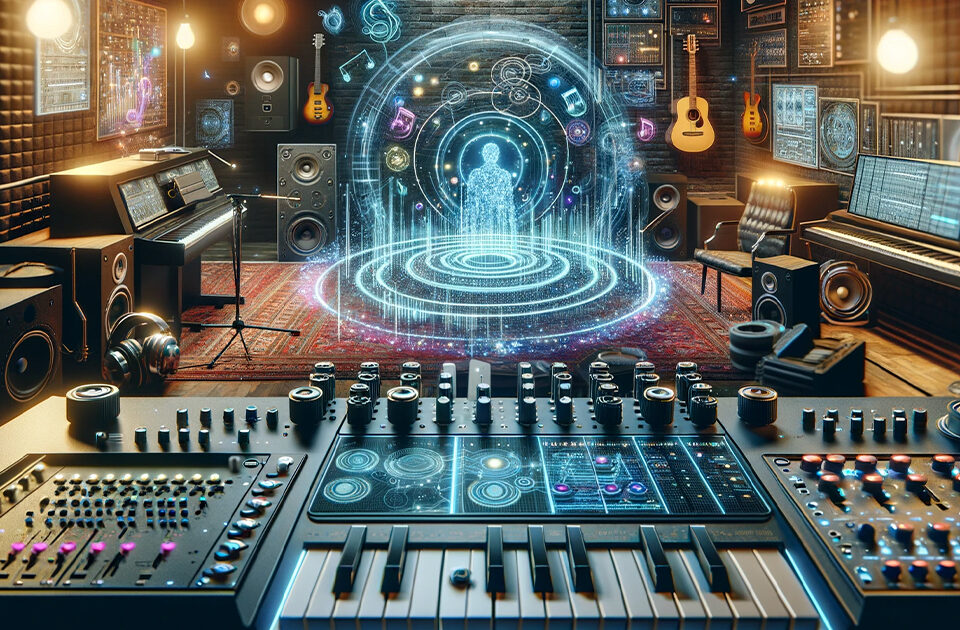Voice Cloning and Synthesis – The Future of Sound in AI’s Hands
The Dawn of a New Era in Voice Technology
In the realm of artificial intelligence, one of the most fascinating and rapidly evolving domains is that of voice cloning and synthesis. This technology, once a distant dream, has now become a tangible reality, transforming the way we interact with sound and voice. As the CEO of Jacinth Paul Business Technologies Private Limited, I recognise the immense potential this technology holds for numerous industries, from entertainment to customer service.
What is Voice Cloning and Synthesis?
Voice cloning is the process of creating a digital replica of a human voice. This technology utilises AI algorithms to analyse the characteristics of a specific voice and then synthesise speech that mimics the original voice’s tone, pitch, and nuances. The result is a synthetic voice that sounds strikingly similar to the original.
The Technological Backbone
The core of voice cloning lies in advanced machine learning techniques, particularly deep learning. Neural networks, trained on extensive datasets of spoken language, learn to replicate the subtleties of human speech. This involves understanding not just the words, but the emotions, intonations, and rhythms inherent in a human voice.
Applications Across the Spectrum
The applications of voice cloning are vast and varied:
- Voiceovers and Dubbing: In the entertainment industry, synthetic voices can be used to produce voiceovers or dub films and animations, especially for characters whose original actors may no longer be available.
- Personalised Assistants: Customised voice assistants could utilise the voice of a user’s choice, enhancing the personalisation of AI interactions.
- Accessibility: For individuals who have lost their voice due to illness or accident, voice cloning offers a chance to regain their unique vocal identity.
- Customer Service: AI-powered customer service agents can be given unique, pleasant voices, making interactions more engaging and less robotic.
Ethical Considerations and Challenges
While the potential is enormous, voice cloning raises significant ethical concerns. The primary issue is consent and misuse. Cloning a voice without permission could lead to identity theft, fraud, and misinformation. Ensuring ethical use and legal frameworks around voice cloning is paramount.
Moreover, distinguishing between real and cloned voices becomes challenging, raising concerns in contexts where voice authentication is used for security.
The Path Ahead
Looking forward, the future of voice cloning and synthesis is bright but requires careful navigation. Ensuring ethical use and ongoing development to enhance realism and emotional expressiveness will be key.
To summarise, as we stride further into this era of AI-driven voice technology, the possibilities are as thrilling as they are vast. For innovators and entrepreneurs like myself, it’s a domain ripe with opportunity, promising to revolutionise how we hear and interact with the world around us. Voice cloning isn’t just about replicating sound; it’s about opening new doors to creativity, accessibility, and personalisation in the digital age.


